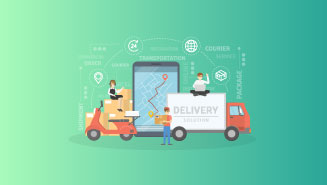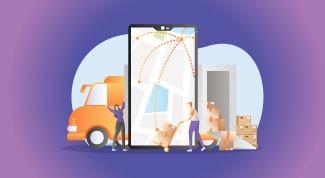Loyalty Rewards in 2020
Kyle Scobey, Supply Chain Evangelist
We have all heard the case for running loyalty reward programs to help increase customer retention, create more attachment to your brand, raise revenue through return customers, and high return on investment. However, the practice of solely awarding some points to a customer that results in a discount or free product is not optimizing your return on investment if your program does not change with time. Comparable to developing a website that gets a lot of traction when initially launched but will quickly lose interest if it is not dynamic and updated regularly.
According to Merkle in their Loyalty Barometer Report 2020 “on their own, traditional do/get loyalty program structures can feel uninteresting.” Customers shopping habits, outside events such as the pandemic, and willingness to share personal information can affect how they respond to loyalty programs. Merkle emphasizes that affective loyalty programs include the reward portion, but also need to be accompanied by other brand touchpoints to “fuel an omnichannel, connected consumer journey — one that doesn’t just persuade customers to buy, but earns their trust and continued business.”
Customer shopping habits have changed in 2020 due to the pandemic and its effect on more traditional shopping experiences. This has led to a shift in how customers expect to redeem points and how retailers are responding to the surge in online shopping. Software vendors such as NetScore have expanded the reach of their Loyalty Rewards solution to allow points to be redeemed at checkout when placing an online order. Reward points earned, award tiers, available reward certificates (if part of program), can be viewed online.
Loyalty members feedback indicate the number one problem with most programs is the time it takes to obtain a reward. More frequent rewards and ease of redemption seems to be the preference. Data from your NetSuite solution will provide you with metrics such as average order size, annual customer spending, and other metrics that can be used determine how frequently your customers will achieve rewards. Using this data will help you scale your rewards program.
Engaging your customers beyond the sales transaction and rewarding them for participating in these activities has been found to be popular. Encouraging product reviews, social media endorsements (likes) and referring friends are all opportunities to engage you customers and reward their involvement. NetScore’s Loyalty Rewards gives you the ability to provide reward points for all of these activities.

Being able to personalize your loyalty programs increases acceptance with 85% indicating they would prefer to pick their own rewards. Members count on their loyalty program experience to be personalized based on their specific purchases and individual preferences; however, how much personalization is acceptable is still up for debate.
Personal information customers are willing to share varies and is something that should be factored into your program. Merkle indicates consumers are wary of allowing brands to use their location data, but 59% said they are comfortable allowing their purchase history to be utilized. Some 53% accept brands using gender, while 42% cited self-selected profile preferences, 30% cited browsing history on a brand’s site, 29% cited current location, 25% cited address, and 21% cited income. Consider including a more personalized approach for customers willing to share their data but having a more standard alternative for those unwilling to do so ensuring your audience is not diminished.
In May 2014, the U.S. Financial Accounting Standards Board (FASB) and the International Accounting Standards Board (IASB) jointly issued a converged standard on revenue recognition. In the new regulations it laid the groundwork for the accounting for loyalty programs, particularly for U.S. GAAP preparers. The guidance later became regulations resulting in greater deferral of revenues, changes in balance sheet liabilities, and additional financial statement disclosures. Companies must now account for points issued as a separate obligation, which involves developing more robust models to enable management to comply with these accounting requirements. NetScore’s Loyalty Rewards solution integrates with your NetSuite accounting solution to ensure the accounting for your rewards program complies. This is critical to accurately reflect how the program is impacting your balance sheet.
Software companies such as NetScore continue to upgrade their solutions to meet the changing demands of this evolving environment. Constantly increasing the flexibility to allow customers to modify programs and add multiple reward programs that can be targeted at specific customer segments. While NetScore’s solution is carefully crafted to support the NetSuite ecommerce platforms, the solution also offers support for other popular platforms such as Magento, Shopify and WooCommerce.
Having the right software solution to assist in managing your rewards program gives you the ability to offer the flexibility needed to keep customers happy in 2020 and beyond.











